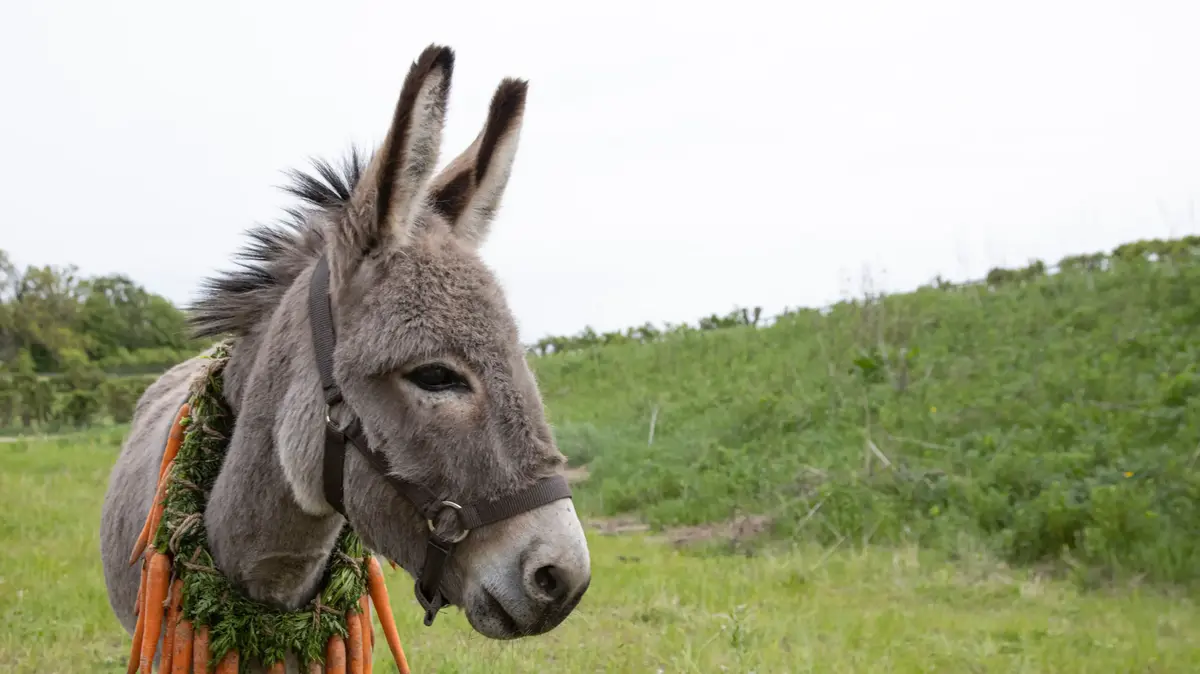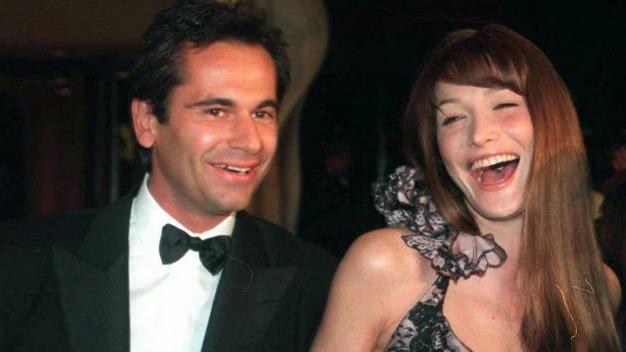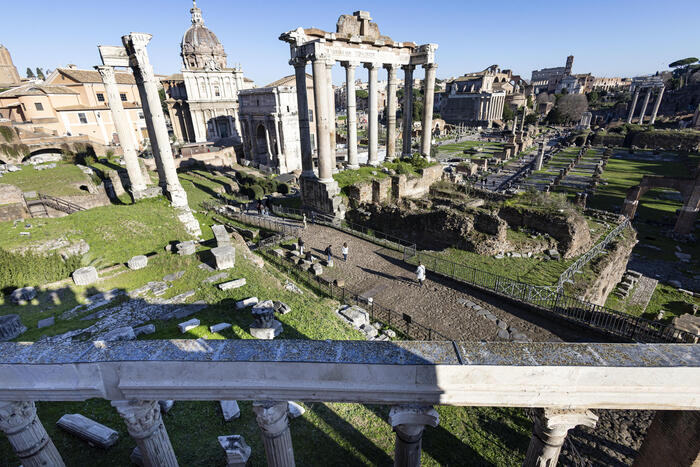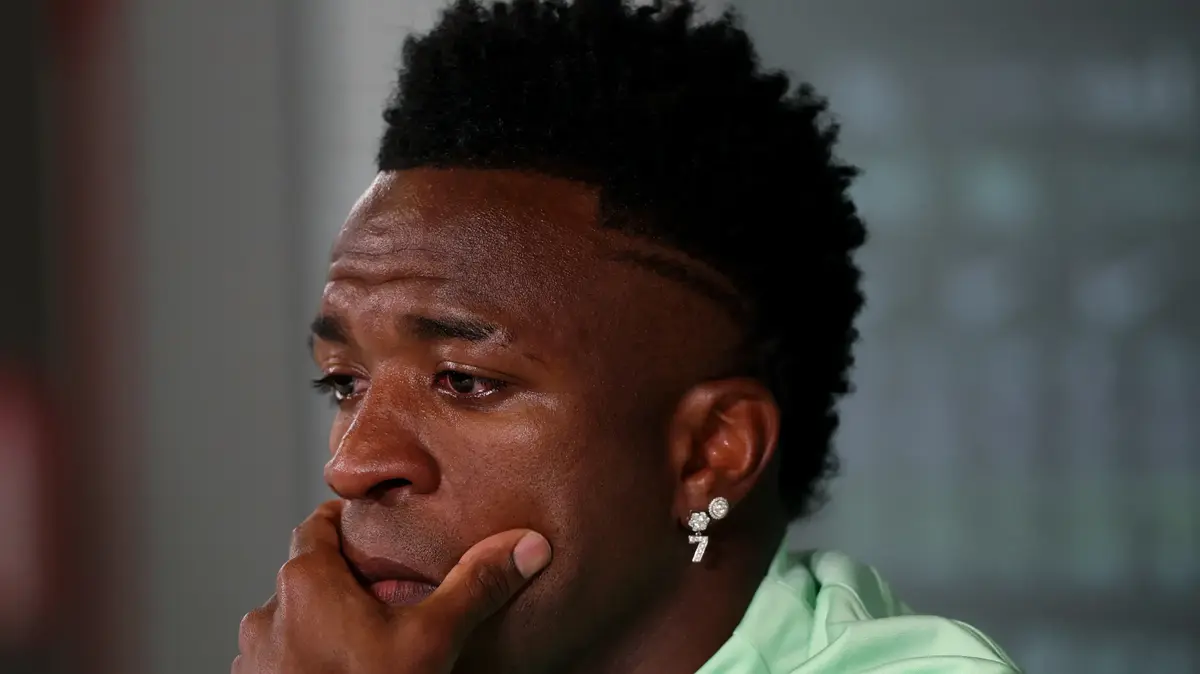The trailer of the movie "E-ah" (new cinema)
The Oscar ceremony will take place in another month and will feature high-quality battles in the acting categories: Cate Blanchett against Michelle Yeoh in the leading actress category, Brendan Frazier against Colin Farrell in the leading actor category, and so on.
But with all due respect to all of them, the most impressive and expressive film actors of the year are not humans, but the six donkeys starring in "E-ah", which is released in our country this weekend.
Unfortunately, the Oscars do not have a category for the best donkey, so the stars of "E-ah" are not nominated for a statuette, but the film itself is nominated in the international category.
It already won the Jury Prize at the Cannes Film Festival and was honored with a host of other nominations and decorations, and was crowned by critics as one of the best films of 2022.
Behind the film is the Polish Jerzy Skolimowski.
At 84, he stands as one of the oldest directors still active today, and it turns out it's never too late to change.
"From working with the donkeys, I learned what humility is," says the director in a special interview with Walla!
Culture in preparation for the release of "E-ah" in Israel.
"I was never meek. Already in my childhood I had a tendency to be arrogant, and when I became successful in the cinema, this tendency only got stronger. Donkeys, on the contrary, are incredibly humble. I looked at them and learned how beautiful it is to be meek, so I think I changed my character a little ".
How it manifests itself?
"In the past, I was selfish. I only listened to myself. I wanted to be the sole creator of the film. This time, I learned to listen to my co-creators, something I should have done before."
Soon at the Oscars.
Yezi Skolimovski on the set of "E-ah" (Photo: New Cinema)
The six donkeys starring in "E-ah" share one role - that of the film's hero.
It is clear that one donkey would have a hard time carrying an hour and a half movie in which he appears in almost every scene, so the work had to be divided between six.
We meet the donkey in "E-ah" when he experiences agony in the circus.
Animal rights activists free him from there, but his troubles will not end there, and the film follows his travails throughout Europe.
Of course, all this reminds of the plot of the classic "Balthazar" by Robert Bresson, but the French director presented a similar story in an ascetic style at the time.
Here, the style is ambitious and experimental, and the Polish director enjoys playing with colors and camera angles.
At the age of 84, Skolimovsky is as enthusiastic and curious as if he had touched a camera for the first time in his life.
"Really? I'm lazy by nature," Skolimovsky surprises me when I ask where his energy and inspiration come from.
"My colleagues worked all their lives from morning to night. It was always difficult for me to sit down and work, so I didn't do much throughout my career - certainly compared to my colleagues. If I were less lazy, I would make more films and they would also be better. It's hard for me to get into a work mode . I rarely do it and I do it very quickly so I can finish and be lazy again."
"On the other hand, I'm also ambitious, and he has a desire to prove that I'm making proper use of my talent. I'm also aware that I'm not young, so I have less and less time to leave behind something significant. These thoughts make me get out of my laziness and tear my ass."
More in Walla!
"Social norms dictate that I make children, but instead I make films"
To the full article
How can I not fall in love with you?
From "E-ah" (Photo: Jerusalem Festival)
Skolimowski first broke out in Poland in the early sixties - at the same time as Roman Polanski, and the two collaborated in writing the script for "Knife in the Water".
He directed several acclaimed films in his homeland but left it after the authorities banned the screening of his penned "Hands Up" and moved to the United States and England, where he stood out mainly with "Stolen Hours" from 1982, which is considered a modern classic.
In the early nineties he took a break of no less than 17 years, during which he focused on painting.
He returned to the world of cinema about a decade and a half ago with "Anna's Four Hours", which re-placed him at the center of the international artistic cinema stage.
In addition to this, it was also possible to see him appearing in small roles in films by other directors, for example "Marks of Honor" by David Cronenberg - Skolimovski is a man with a very impressive external appearance.
When I ask him about the donkey's appearance, he quips as requested.
"The most amazing thing about the donkey is his eyes," says the director.
"They are huge. They are bigger than the eyes of the horse, and bigger than the eyes of any other animal. There is something unique, melancholic, ambivalent about them. These are eyes... I am looking for the right word. They are eyes that always evoke something in you."
If you could talk to a donkey and ask him one question, what would you ask?
"I would ask the donkey - are you really as good as I think? To me, the donkey is such a wonderful animal, so good, so sweet, so humble. I cannot believe that a donkey would ever do something bad to someone. I am considering adopting a donkey ".
Forever Young.
Jerzy Skolimovsky in 1971 (Photo: GettyImages, Evening Standard/Hulton Archive/Getty Images)
where do you live?
"In the village, twenty kilometers from the nearest store. My partner and I are surrounded by nature in its purest form. We have a dog and when we walk with him, we meet rabbits, rabbits, etc. The connection with nature has changed our character and our priorities. We are no longer completely vegetarian, but we eat much less meat than in the past and I believe that soon we will become officially vegetarian. For me, it is clear that the film was made out of love for animals and nature, and I hope that it will make at least some of the audience rethink their consumption."
Your parents were active in the anti-Nazi underground and your father was murdered by the Nazis.
At one point, the donkey visits a Jewish cemetery in Poland.
Was there an attempt here to create a parallel between his suffering and that of other similar groups in history?
Is there an allegory for WWII?
"The idea was indeed to give the donkey's journey deeper, geographical and historical layers. That's all I have to say on the subject. I prefer not to expand on the poetic and metaphorical meanings of my work, simply because I want the audience to decipher them for themselves."
culture
Theater
Cinema news
Tags
Cannes Film Festival






/cloudfront-eu-central-1.images.arcpublishing.com/prisa/7ZYSN2GHAZFFXNMWINDQ2LX5U4.jpg)


